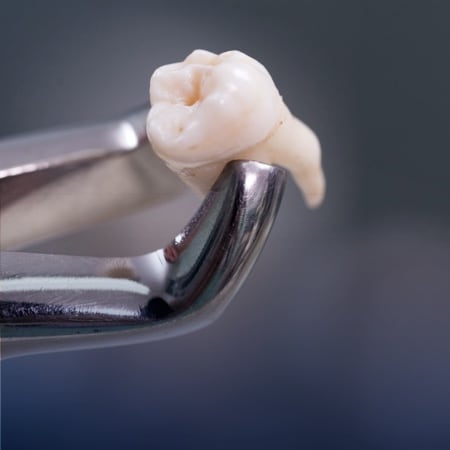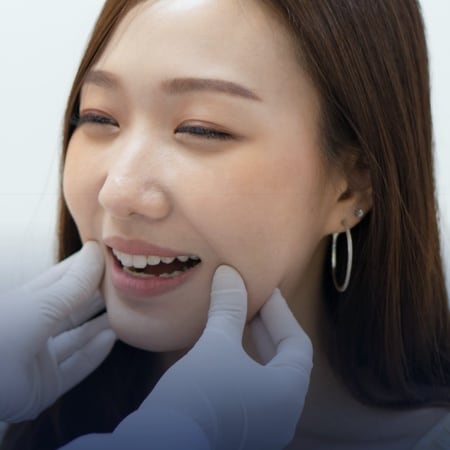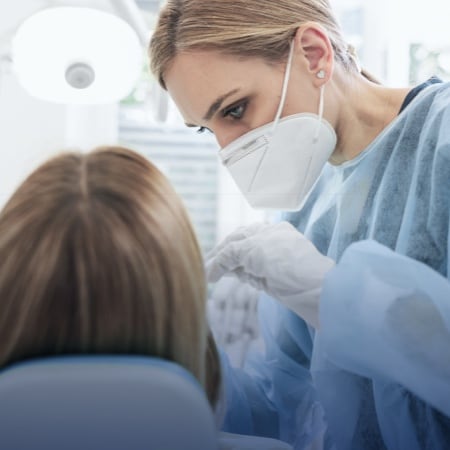Temporomandibular joint disorder (TMJ) affects the hinge connecting your jaw to your skull, causing a range of symptoms—including tooth pain.
While many people may associate tooth pain with cavities or gum disease, TMJ issues can also trigger similar discomfort. At CVOS Oral Surgery, we understand the complexities of TMJ-related pain and are here to help you get to the root cause of your discomfort.
What Is TMJ?
TMJ stands for temporomandibular joint, which is the hinge that connects your jawbone to your skull. This joint plays an important role in enabling movements like opening and closing your mouth, chewing, speaking, and swallowing.
TMJ disorders, often referred to as TMD (temporomandibular disorders), can disrupt the normal movement of the jaw, leading to pain and discomfort, which can sometimes feel like a toothache.
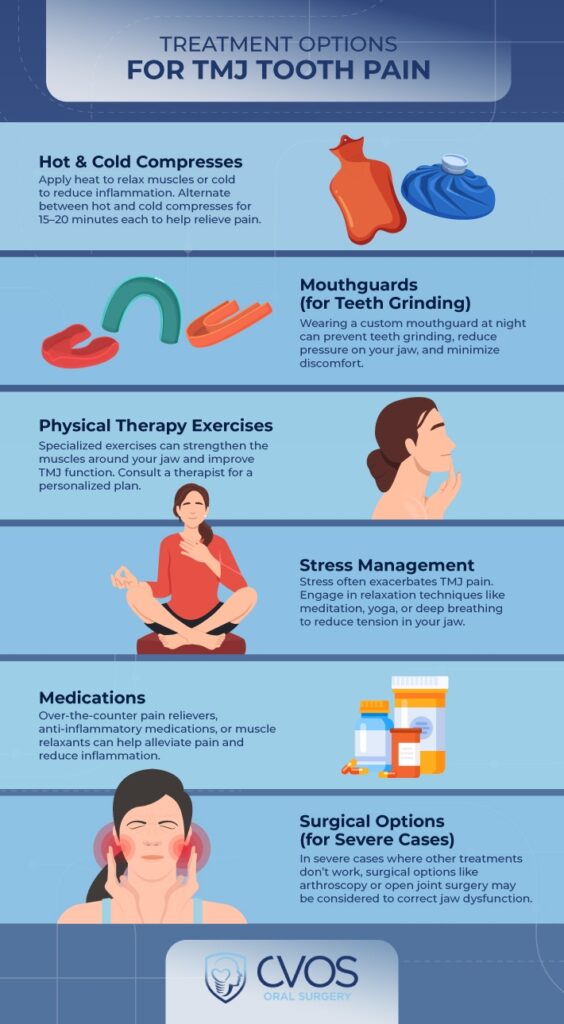
Causes of TMJ Disorders
TMJ disorders can arise from several causes, often involving the muscles, ligaments, and bones of the jaw. Some of the most common causes include:
- Jaw injury or trauma: Any injury to the jaw, such as a blow to the face or whiplash, can damage the TMJ or the muscles surrounding it, potentially causing dysfunction.
- Teeth grinding (bruxism): Habitual grinding or clenching of the teeth, especially during sleep, puts excessive strain on the TMJ and can cause inflammation and pain.
- Misaligned bite (malocclusion): If your upper and lower teeth don’t align properly, it can strain the muscles and joints of the jaw, contributing to TMJ problems.
- Arthritis: Birth osteoarthritis and rheumatoid arthritis can affect the TMJ, causing inflammation, stiffness, and pain.
- Stress and tension: High levels of stress can lead to muscle tightness and teeth grinding, which can further aggravate TMJ symptoms.
- Genetics: Some people may be more predisposed to TMJ disorders due to genetic factors, such as structural abnormalities in the jaw.
Symptoms of TMJ Disorders
When the TMJ is not functioning properly, it can lead to various symptoms, including:
- Jaw pain or tenderness
- Difficulty chewing or speaking
- Clicking or popping sounds
- Limited jaw movement
- Headaches and migraines
- Neck and shoulder pain
And yes, TMJ disorders can cause tooth pain.
TMJ & Tooth Pain
Tooth pain is a common symptom that many people with TMJ disorders experience. The muscles responsible for jaw movement are directly connected to the teeth, so when these muscles become strained or overworked (due to issues with the TMJ), the resulting pain can manifest as tooth discomfort.
Additionally, teeth grinding, another common symptom of TMJ disorders, can wear down the tooth enamel and cause sensitivity, further contributing to tooth pain.
Patients often describe the tooth pain from TMJ as a dull, aching sensation that may come and go, sometimes intensifying with chewing or jaw movement. It may also be accompanied by sensitivity to hot or cold temperatures without obvious dental issues (like cavities).
How Can You Differentiate TMJ Pain From a Toothache?
Since TMJ disorders can mimic tooth pain, it’s important to know how to differentiate between the 2.
Here are a few key differences:
- Location of pain: A toothache typically causes pain in one specific tooth or a small group of teeth, while TMJ-related pain can affect multiple teeth or an entire side of the mouth.
- Pain triggers: Tooth pain is often triggered by hot, cold, or sweet foods and drinks, or by biting down on something hard. TMJ pain is more likely to be triggered by jaw movement, chewing, or clenching.
- Jaw symptoms: If the pain is accompanied by clicking or popping in the jaw, difficulty opening or closing your mouth, or pain in the jaw muscles, it’s more likely to be related to TMJ.
- Duration of pain: Tooth pain from cavities or infections is usually consistent and localized, whereas TMJ-related tooth pain can come and go, often worsening during stressful periods or after long periods of jaw use.
If you’re uncertain whether your tooth pain is due to TMJ or another dental issue, it’s always best to consult with your oral surgeon who can evaluate your symptoms and provide an accurate diagnosis.

How to Treat TMJ Tooth Pain
The treatment for TMJ-related tooth pain focuses on addressing the root cause of the TMJ disorder and relieving pressure on the jaw and surrounding muscles. Common treatments include:
- Hot or cold compresses: Applying a warm or cold compress to the jaw can help reduce inflammation and alleviate muscle tension.
- Mouthguards: If teeth grinding is a problem, wearing a custom-made mouthguard at night can protect the teeth and reduce pressure on the TMJ.
- Physical therapy: Specific exercises can help strengthen the jaw muscles and improve the function of the TMJ.
- Stress management: Reducing stress through relaxation techniques, such as deep breathing, meditation, or yoga, can help alleviate symptoms of TMJ.
- Medications: Over-the-counter pain relievers, anti-inflammatory medications, or muscle relaxants may be recommended to manage pain and inflammation.
- Surgical options: In severe cases where conservative treatments don’t work, surgical options such as arthroscopy or open joint surgery may be considered.
If you’re experiencing tooth pain that could be related to TMJ, it’s important to seek professional help to identify the cause and receive appropriate treatment.
We Can Help
If you suspect that TMJ is the cause of your tooth pain, don’t wait for it to get worse. At CVOS Oral Surgery, our team can assess your symptoms, offer a diagnosis, and provide a tailored treatment plan to help relieve your discomfort. Contact us today to schedule a consultation with one of our experienced oral surgeons.




